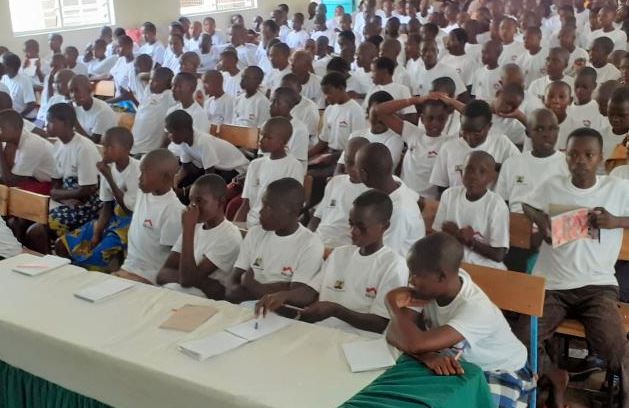×
The Standard e-Paper
Stay Informed, Even Offline

Needy students from Kisii County who qualified to join this year's Elimu Scholarship Programme. [Eric Abuga, Standard]
The scramble for 9,000 scholarships for top KCPE performers from poor families has started with details of applications and criteria of allocation released.